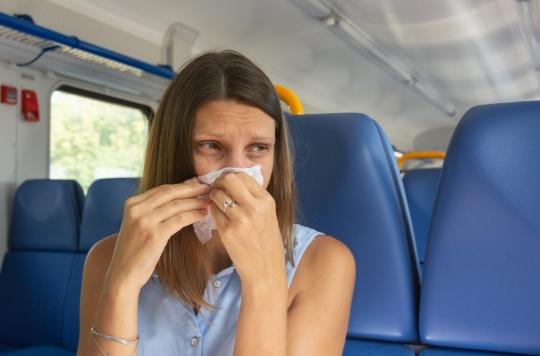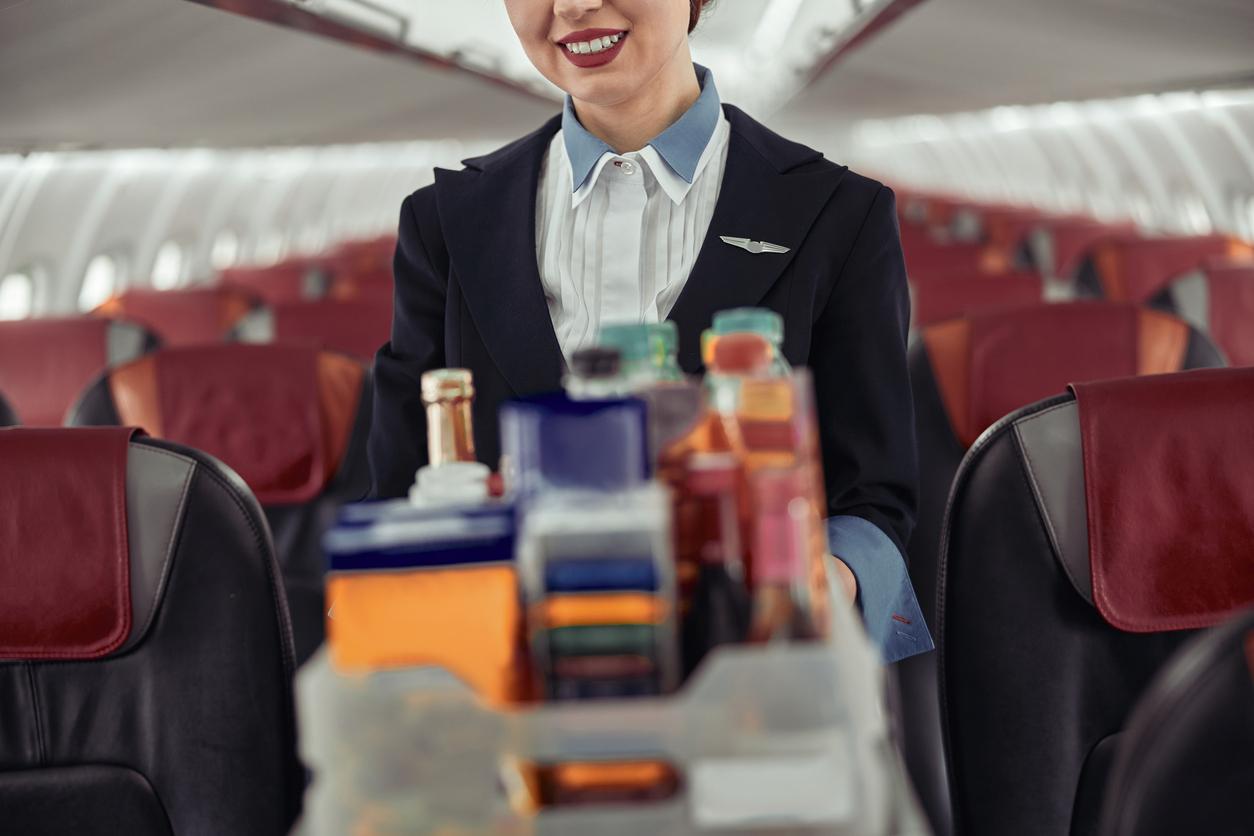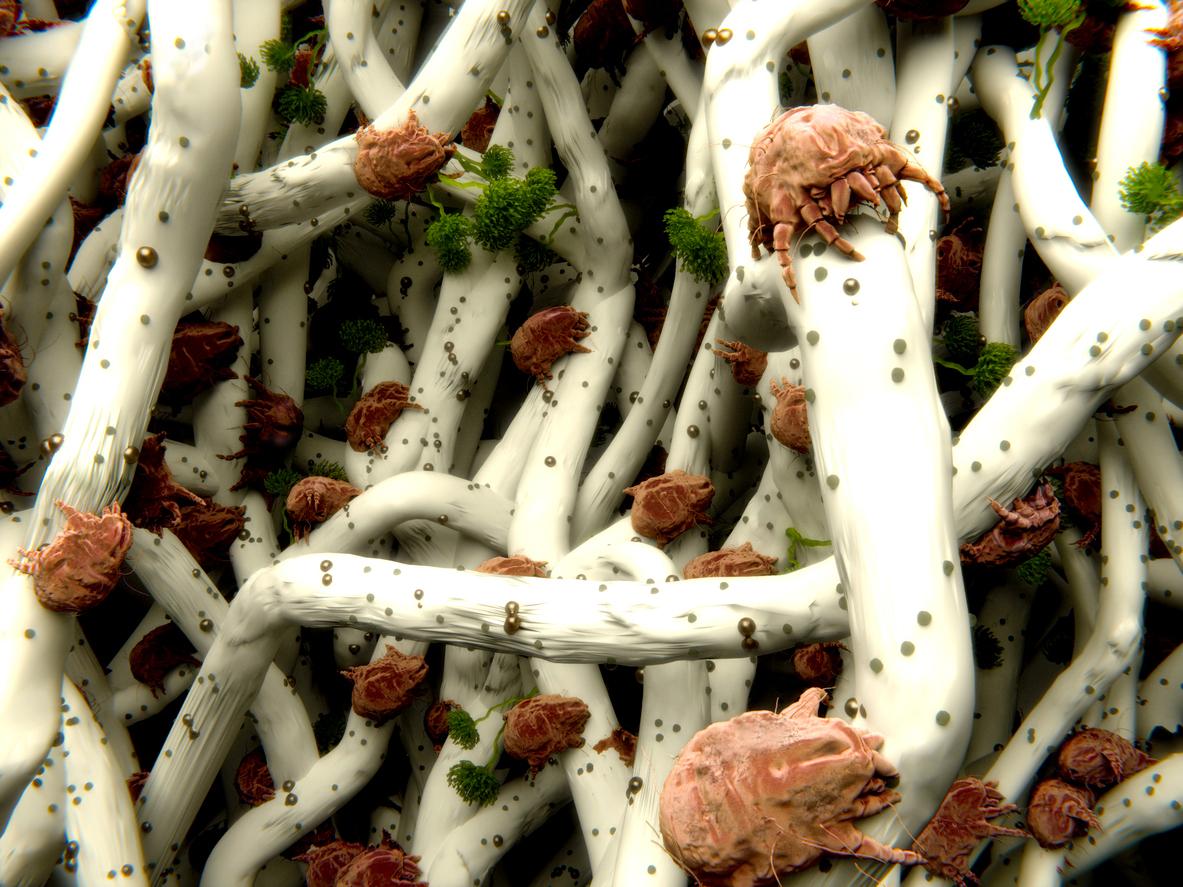The transport, the destination or the activities, these three data can transform the holidays into an ordeal for people with allergies. Allergist Sophie Silcret-Grieu sheds light on the main pitfalls to avoid.

Enjoying your holidays without forgetting your pathology, a difficult equation for the millions of allergic French people. According to Inserm between 25 and 30% of the population suffer from this disease. So to thwart the pitfalls of summer, Dr. Sophie Silcret-Grieu gave many tips during a webinar for the Asthma and Allergies Association.
For the doctor, the first piece of advice is not to stop her treatment, including during the holidays. “Of course, it’s the holidays we’re a little fed up. In some cases, it is true that it is recommended or authorized to suspend the basic treatment in certain cases during the holidaysshe admits. Nevertheless, you have to see this with the doctor who follows you because some basic treatments can be stopped, and others not.“
Preparation for departure
Dr. Silcret-Grieu recommends paying attention to the vacation destination. She reminds us that the pollens do not necessarily arrive at the same time of the year depending on the climate. Thus, if the grass pollens finish their hatching in July, they remain active in the mountains in August. The best way to predict these pollen eruptions is to consult the online map of the national aerobiological monitoring network.
It also enjoins to be interested in the conditions of travel. “Ask about the accommodation conditions: is there carpet? What bedding do they use? Are animals allowed and/or present? she offers. If you suffer from dust mite allergy, we recommend that you take anti-dust mite mattress and pillow covers with you, failing to take your own mattress with you.”
The conditions of the trip must also be scrutinized. While air conditioning can cause asthma attacks because cold, dry air is more likely to cause irritation, other factors should not be overlooked. “Also take an interest in the meal you are going to eat. There are regulations that oblige catering professionals to display the allergens of each meal, even if this is not always well respected.she concedes. The more of you who request this labeling, the more it will be respected.”
Doctor’s help
Any early departure should go well, and the patient’s best ally remains his doctor. “We are here to help you, not just to give medication! We are also present to think about the best way to continue the treatment during your holidays and avoid crises. However, avoid asking us in an emergency.“, she warns. In addition to informing you about the risks of allergies depending on your holiday destination, doctors can also translate prescriptions into international nonproprietary names (INNs). This INN makes it possible to name the active ingredient rather than the trade name specific to each country. Convenient to go abroad.
Similarly, the doctor can indicate on the prescription the sale of the drug for more than one month, thus preventing the patient from finding himself short during a long stay abroad. If the holidays include air travel, he can also provide an “information card”, a document which justifies the possession of medication in the cabin, in particular in its injectable form. This allows you to always keep your emergency kit on you.
Finally, Dr. Sophie Silcret-Grieu also recommends getting closer to a patient association that will give you additional information. “Have your medication, your prescription, your allergy card with you and, if necessary, a lexicon ‘anaphylaxis while traveling’ which allows you to ask questions in several languages about allergiesshe suggests. Ask your doctor or the association.”
– ‘Asthma and allergies’ association toll-free number for any questions: 0 800 19 20 21 (free call). Monday to Thursday from 9 a.m. to 1 p.m. and 2 p.m. to 6 p.m., and Friday from 9 a.m. to 12 p.m.

















